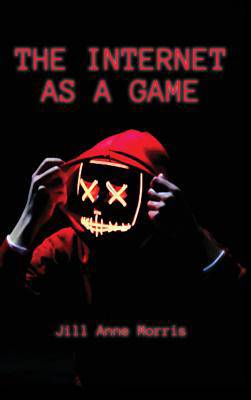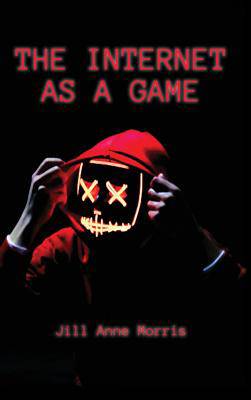
- Retrait gratuit dans votre magasin Club
- 7.000.000 titres dans notre catalogue
- Payer en toute sécurité
- Toujours un magasin près de chez vous
- Retrait gratuit dans votre magasin Club
- 7.000.000 titres dans notre catalogue
- Payer en toute sécurité
- Toujours un magasin près de chez vous
Description
In THE INTERNET AS A GAME, Jill Anne Morris proposes that by defining internet arguments as games, we can analyze ad hominem and ad baculum arguments coming from online mobs and trolls using procedural rhetoric. Building upon and extending Ian Bogost's definition of procedural rhetoric and Jesper Juul's definition of games, Morris extends the usage of the term into human systems and groups that have proceduralized their arguments online. By studying the development of online adhocracies such as 4Chan, Anonymous, and even Reddit during their early development (roughly 2006 to 2014), Morris shows how these groups have proceduralized rhetoric so that thousands of group members can ìspeakî with a single voice and singular name that they call "anonymous." Morris examines these techniques to reveal their function and purpose as rhetoric. Understanding how internet arguments work can also positively affect pedagogy, especially now as social media and memes have been used to influence national elections, our views of the news, and our views of each other. Can we continue to teach only traditional rhetoric in classrooms when students will face arhetorical tropes and logic in their personal and professional lives? THE INTERNET AS A GAME shows why the stakes are high and the answer to this question is "no."
About the Author
Dr. Jill Morris is an Associate Professor of English and Foreign Languages at Frostburg State University in Frostburg, Maryland. She is interested in digital rhetorics, page design, experience architecture, rhetorics of place, and cultural studies. She enjoys riding roller coasters, photography, and playing with her Pomeranians in her spare time. She is currently studying the history of communication in American amusement parks via archival work paired with digital community studies.
Spécifications
Parties prenantes
- Auteur(s) :
- Editeur:
Contenu
- Nombre de pages :
- 198
- Langue:
- Anglais
- Collection :
Caractéristiques
- EAN:
- 9781643170251
- Date de parution :
- 14-08-18
- Format:
- Livre relié
- Format numérique:
- Genaaid
- Dimensions :
- 152 mm x 229 mm
- Poids :
- 464 g







